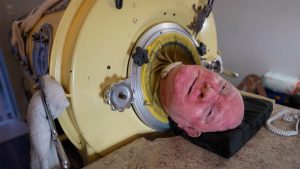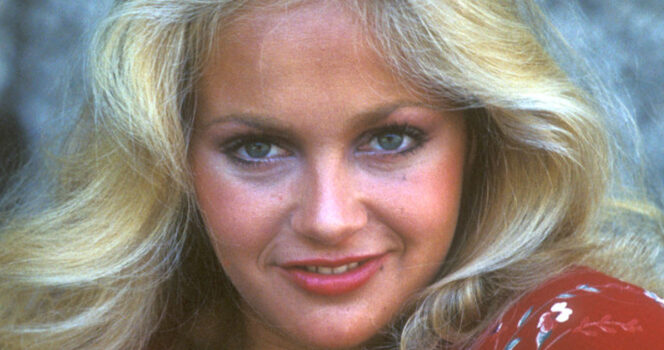
Charlene Tilton became a household name in the late 1970s and 1980s as Lucy Ewing on the prime-time television drama Dallas. At the height of the show’s success, she was one of the most recognizable faces on American television. Yet, behind the fame and glittering career was a personal journey marked by adversity, resilience, and transformation.
Early Life and Challenges
Born on December 1, 1958, in San Diego, California, Charlene Tilton faced significant hardships from a young age. Raised primarily by her mother, Katherine, who experienced ongoing mental health challenges, Tilton’s early childhood was far from stable. Her biological father, a U.S. Air Force officer, was absent from her life, and Tilton has stated in interviews that he never acknowledged her, even as her fame soared【Source: People Magazine】.
Tilton entered the foster care system at the age of five, moving between homes and family members. She later reflected on these formative years as a driving force behind her independence and determination to succeed.

Finding Purpose Through Acting
Despite her turbulent upbringing, Tilton found comfort in movies and the performing arts. Films like Mary Poppins and The Sound of Music sparked her interest in acting. After returning to California with her mother, she enrolled at Hollywood High School, where she participated in drama classes and focused entirely on becoming an actress.
Her early roles included appearances on hit shows like Happy Days and Eight is Enough. In 1976, she was cast in Disney’s Freaky Friday, appearing alongside Jodie Foster. These roles helped launch her acting career and build momentum toward her breakout moment.
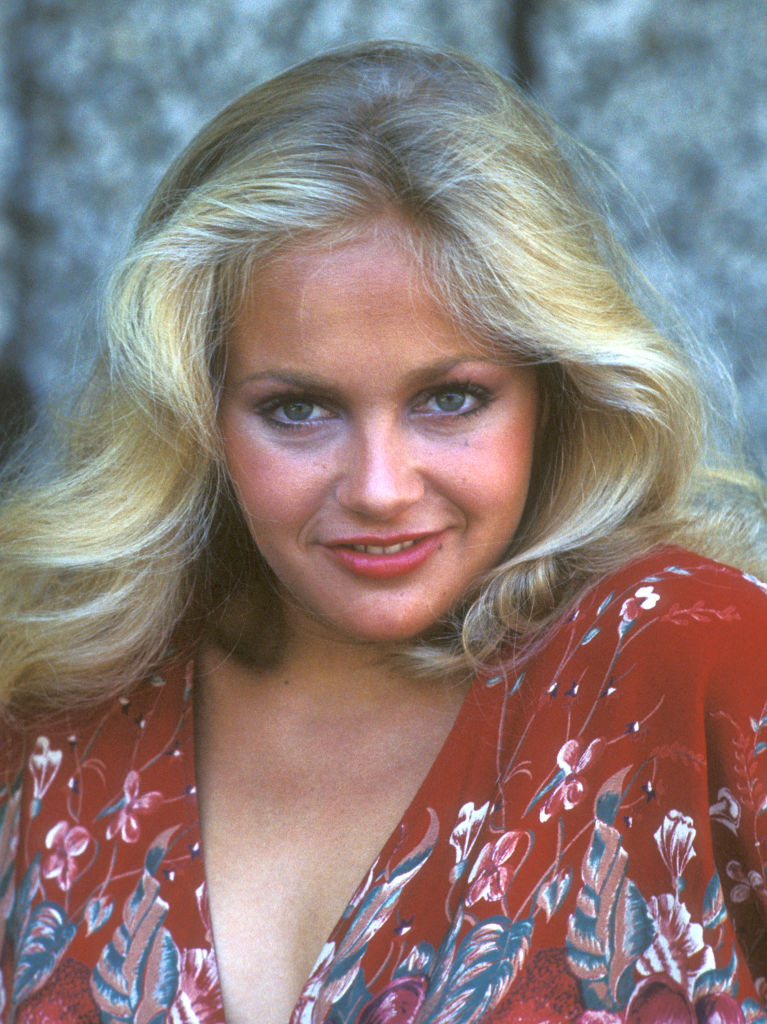
Breakthrough on Dallas
In 1978, Tilton was cast as Lucy Ewing on the CBS series Dallas, a role that would define her career. Though she initially faced skepticism from producers due to her young age, her persistence paid off. Dallas became a massive success, with more than 300 episodes over 14 seasons. Tilton’s portrayal of Lucy—a complex, spirited character—resonated with audiences.
At the peak of her success, Tilton was reportedly earning $50,000 per episode and was featured on the covers of over 500 magazines【Source: The Guardian, 2021】. Her 1981 on-screen wedding drew more than 65 million viewers, making it one of the most-watched television moments of its time【Source: Nielsen Ratings Archive】.
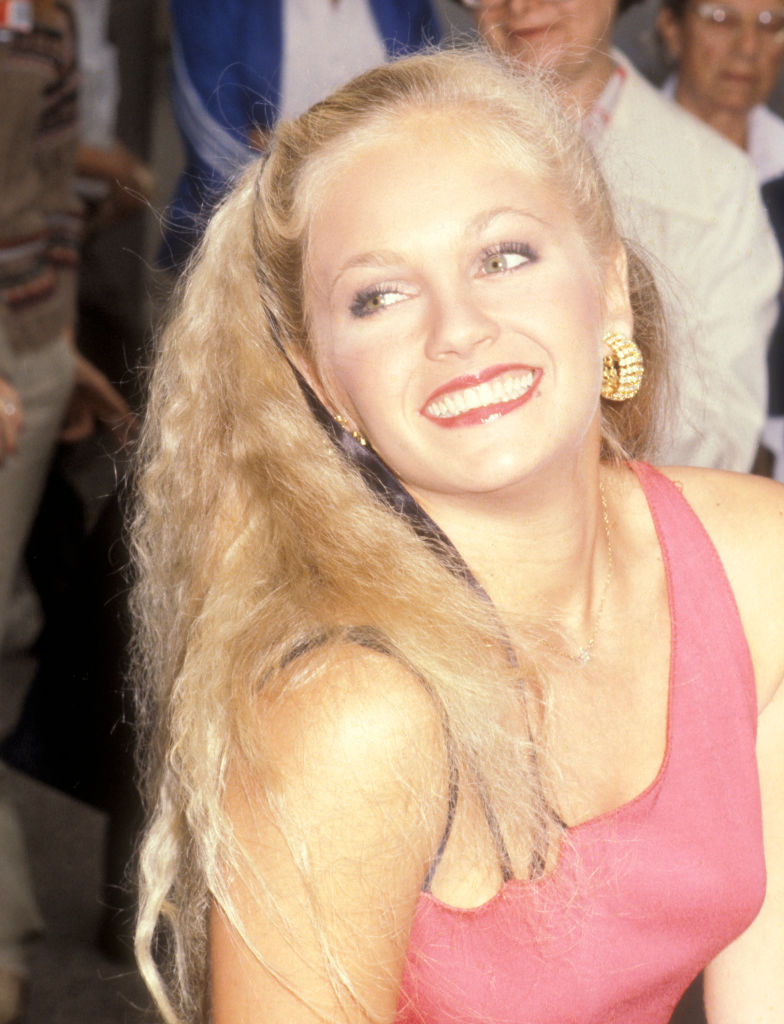
Navigating Fame and Personal Struggles
With fame came pressure. In addition to her work on Dallas, Tilton frequently appeared on shows like Fantasy Island, Love Boat, and Circus of the Stars. She also co-hosted major television events such as the Macy’s Thanksgiving Day Parade and Dick Clark’s New Year’s Rockin’ Eve.
Despite professional success, her personal life became increasingly complicated. In 1982, Tilton married country singer Johnny Lee. The marriage ended in divorce two years later. She was also frequently the subject of tabloid coverage, which added to the stress of life in the public eye.
Tilton has spoken openly about these challenges. She described receiving unwanted attention and experiencing the financial and emotional toll that often accompanies public life. Eventually, her home was foreclosed, and her once-thriving acting career began to slow.

Leaving and Returning to Dallas
Tilton left Dallas in 1985, a decision that disappointed many fans. Her absence was deeply felt, and co-star Larry Hagman, who played J.R. Ewing, reportedly lobbied for her return. In 1988, Tilton rejoined the cast for two more seasons before leaving again in 1990, one year before the show’s original run ended.
Although she did not appear in the early Dallas reunion movies, she did participate in Dallas Reunion: The Return to Southfork in 2004, where she reconnected with castmates and reflected on the show’s impact.
Tragedy and Advocacy
In 2009, Tilton’s fiancé, cinematographer Cheddy Hart, died suddenly of heart failure at the age of 54. The loss was devastating, and Tilton later told People Magazine that she spent months in grief, struggling with depression and isolation.
Rather than allowing tragedy to define her, Tilton found a new purpose. She began working with organizations focused on autism awareness and education. Her involvement included teaching acting to children and adults on the autism spectrum—a role that gave her a renewed sense of fulfillment.

Reconnecting with Family and Finding Peace
In her later years, Tilton made peace with many parts of her past. A DNA test revealed that she had three half-siblings, all of whom had also never met their shared biological father. Though they eventually found his obituary and confirmed he had passed away six months earlier at age 93, Tilton focused on healing and gratitude rather than bitterness.
“I don’t carry a chip on my shoulder,” she told People. “I don’t get into self-pity. I see the bright side of things, and that’s served me well during tumultuous times.”
Life Today
Now 66, Charlene Tilton resides in Nashville, Tennessee, where she enjoys a quieter life with her daughter, Cherish, and her two grandsons. She often refers to herself as “Glamma,” a playful blend of glamour and grandma.
Tilton occasionally appears at fan conventions and charity events, where she continues to share her experiences in Hollywood and beyond. She also remains connected to her fans through interviews, social media, and appearances related to the Dallas legacy.
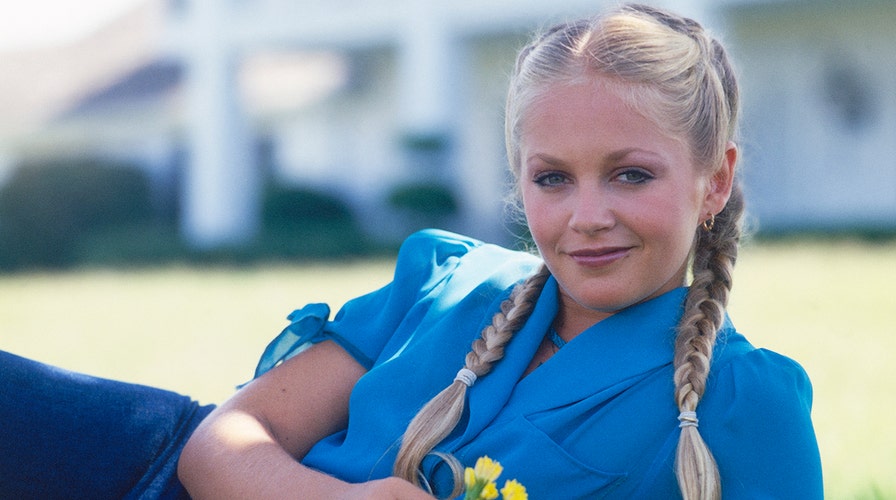
A Legacy of Resilience
Charlene Tilton’s life story is one of perseverance. From a turbulent childhood in foster care to becoming a global television icon, she has experienced dramatic highs and challenging lows. But through it all, she has remained grounded, resilient, and optimistic.
Her journey is a testament to the power of persistence and the ability to transform hardship into purpose. Whether remembered as Lucy Ewing or as an advocate and mentor, Charlene Tilton’s legacy continues to inspire generations of fans and aspiring performers.
Sources
- People Magazine – Charlene Tilton Reflects on Life and Loss
- The Guardian – Charlene Tilton Interview
- Sleep Foundation – Nielsen TV Ratings Archive
- National Institute of Mental Health – Understanding Childhood Trauma
- Autism Speaks – Actor Advocacy and Inclusion


